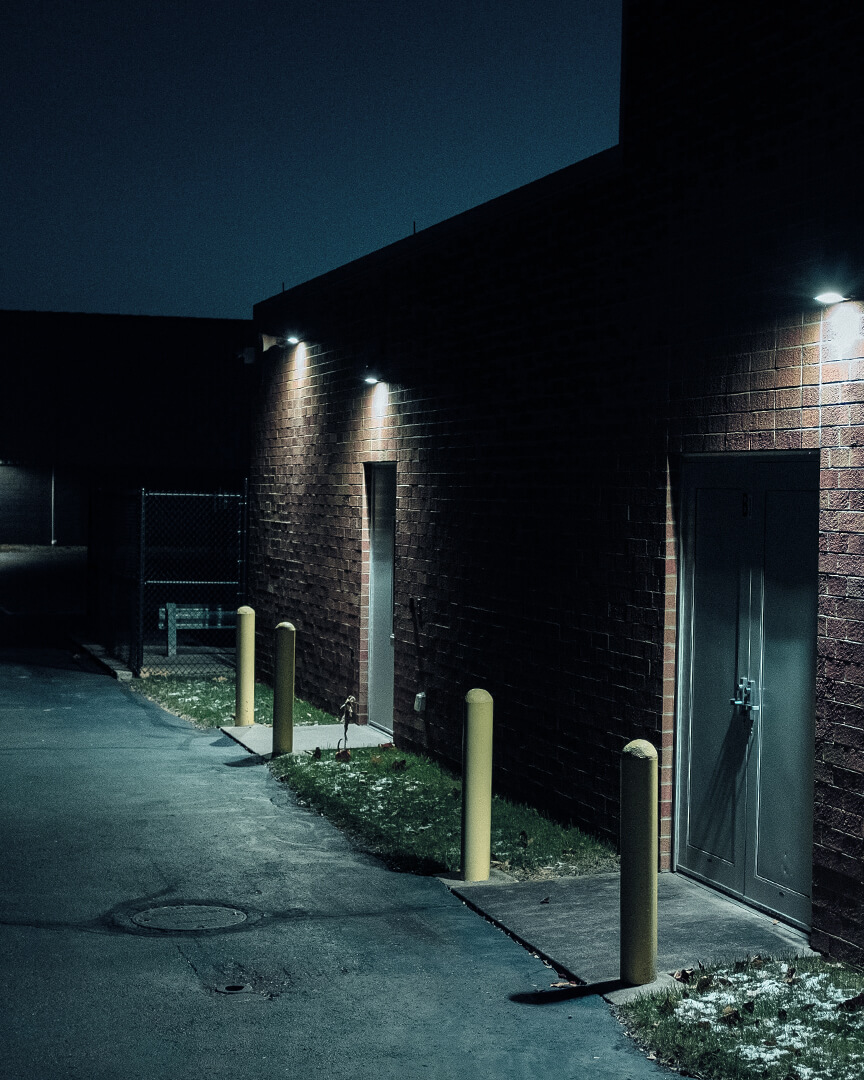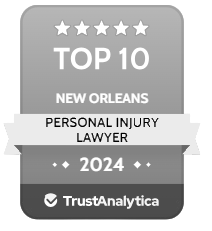How Is Liability Determined in a Premises Liability Case?
Liability in premises liability cases is determined by assessing the duty of care that a property owner or manager has for your safety and evaluating whether their actions or care of the property reached the level of breaching the appropriate level of care. Your premise liability lawyer will likely investigate whether the property owner had knowledge of the hazardous conditions on the property yet failed to address them, fix them, or clean them up. If your lawyer demonstrates that the property owner knew, or should have known, that the property was dangerous and didn’t rectify it, then they can be held liable for any harm suffered by visitors.
What Common Defenses Do Property Owners Use in These Cases?
Property owners have many defenses available to them to mitigate liability in premises liability claims. One of the most common defenses is that the victim was trespassing (and did not have the right to be on the property). However, a skilled premise liability lawyer may be able to counteract this, depending on the circumstances. Another common defense the attorneys at Keifer & Keifer often encounter is that you, the victim, were careless of your own safety. They could cite anything from the speed you were walking to the type of shoes you had on.
How Do I Handle Insurance Companies After an Accident?
Ideally, you should refer any communication or contact from the property owner’s insurance company to your own premise liability lawyer. Depending on the circumstances, you may need to report the accident to your insurance company. It’s not uncommon for insurance adjusters in these cases to request a “statement” from you, but don’t be fooled. It’s their attempt to get you to say something they can use as an excuse to deny or minimize your claim. Avoid giving a written or recorded statement, and prepare all communications for your attorney. When you work with Kiefer & Kiefer for your claim, we gladly handle all communications with the other party and their insurance company for you.
What If the Property Owner Has No Insurance?
A property owner without insurance or one that is underinsured can pose some problems for your claim. Usually, it’s the property owner’s insurance that pays the claim. However, the property owner still has a duty to care for your safety and is still legally liable for any harm that someone suffers due to unsafe conditions on their property. That being said, without insurance, collecting any award could get tricky, as the defendant may not have the funds to pay you. A judge could order assets sold or wages garnished to pay your damages.
What Types of Injuries Are Common in Premises Liability Cases?
Some of the most common injuries in premises liability claims are broken bones, soft tissue damage (like sprains, strains, or torn ligaments or tendons), and neck or spine damage. Concussions and head trauma are also common, which could mean brain damage. You may also suffer injuries related to inadequate security, such as assault or theft, leading to emotional distress or physical harm. In your case, you may be eligible for compensation for the physical harm you suffered, as well as emotional trauma and psychological harm. Many people who were victims of a crime may develop PTSD, anxiety, depression, or other mental health concerns after the incident. Your settlement can help cover the cost of the psychological care you need.










